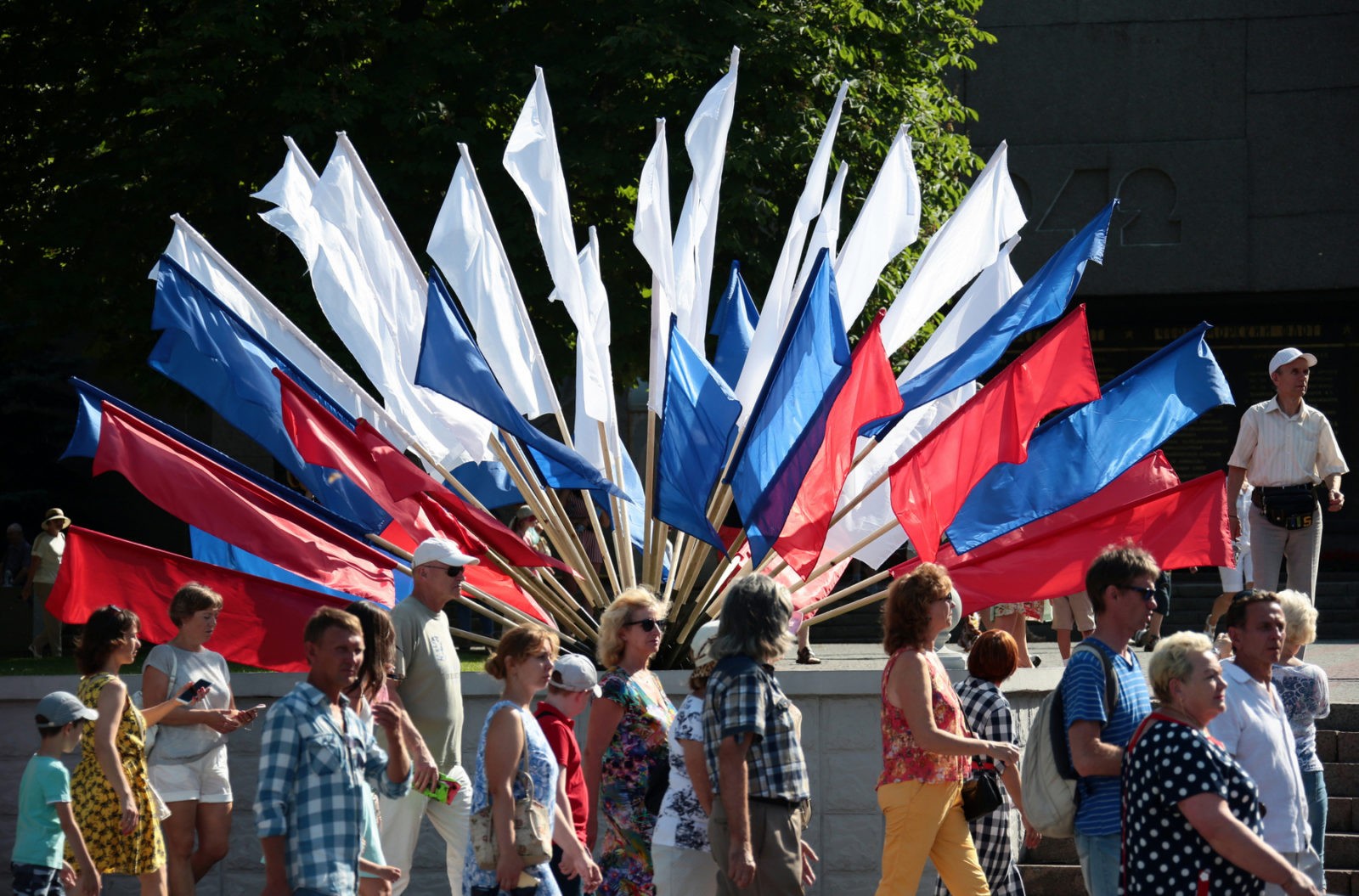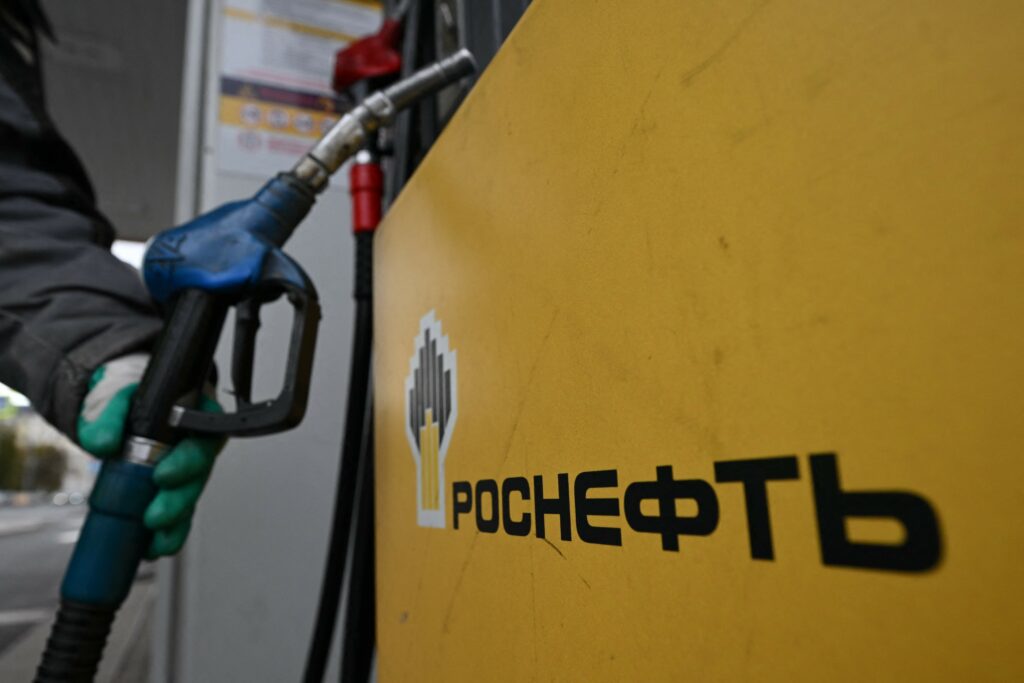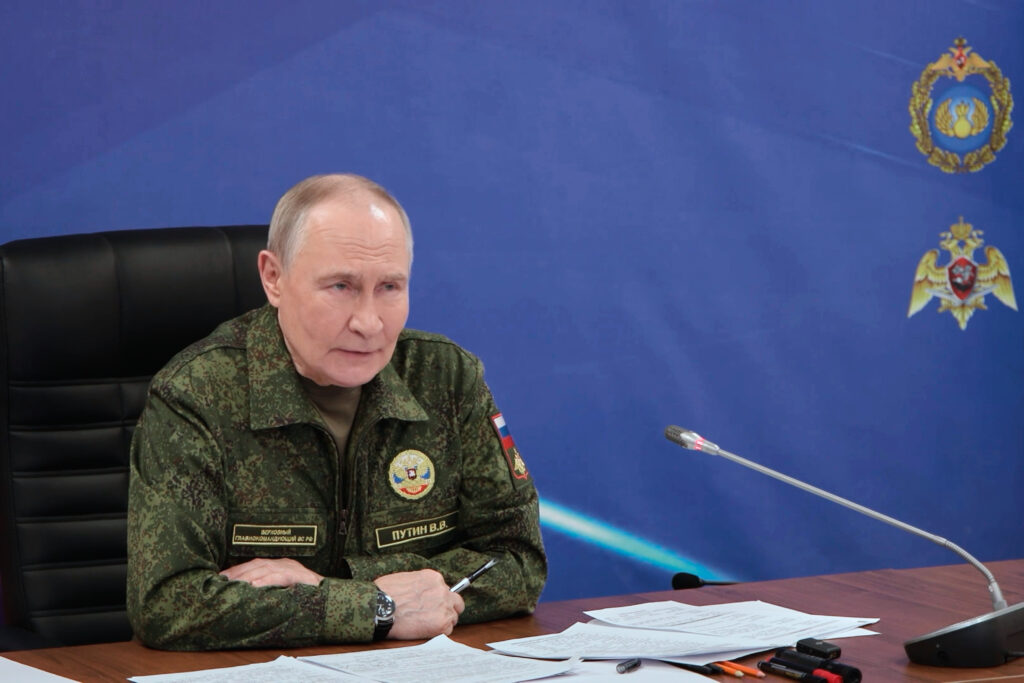In response to Russia’s actions in Crimea the United States levied economic sanctions against Russia on March 6. Approval ratings for the Russian leadership then soared and remained high for more than four years. Were these high ratings due to the annexation of Crimea or the imposition of economic sanctions?
Answering this question is critical for our understanding of economic sanctions. Opponents argue that sanctions are counterproductive because they produce a patriotic wave of support for the government under sanctions. Then adviser to President Trump Anthony Scaramucci noted: “I think the sanctions had in some ways an opposite effect because of Russian culture. I think the Russians would eat snow if they had to survive. And so for me the sanctions probably galvanized the nation with the nation’s President.”
Despite the drop in support for the Russian government in the post-Crimean consensus era, concerns about the impact of sanctions on public opinion in Russia remain relevant as the U.S. Congress contemplates new economic sanctions against Russia.
Identifying the impact of the annexation of Crimea and the imposition of economic sanctions on public opinion in Russia is very difficult because the two events occurred at almost the same time. Indeed, annexation did not formally occur until March 20, two weeks after sanctions began. Simply looking at the timing of the spike in government approval in early March 2014 (as is often done) is not much help in identifying the sources of Russia’s rally around the flag.
To try to separate the effects of the annexation on support for the government from the effect of sanctions, I conducted two surveys in Russia in late 2016 and early 2017. I asked all respondents to rate their approval of the leadership (rukovodstvo) of Russia, the United States, and the European Union on a scale of 1 to 5, where 5 is highest approval.
Some respondents received no additional information before answering the question. But one group of respondents was reminded of the U.S. sanctions before answering this question. A second group was reminded of EU sanctions, and a third group was reminded about Russia’s weak economic performance before answering. By prompting respondents to think about the sanctions, the annexation, and the economy before answering the question about government approval, we can begin to measure how these different factors affect public opinion toward the Kremlin.
The results were striking. First, I found no evidence of a sanctions-induced rally-’round-the-flag effect in Russia. Reminding respondents that the United States or the EU had levied economic sanctions on Russia produced little effect on attitudes toward the leadership of Russia. Those who were reminded of sanctions answered no differently from those who received no information at all before answering. This null effect was true on two different surveys and provides the strongest result from the study.
Indeed, respondents who were already skeptical of President Putin or who had experienced economic difficulty in the preceding twelve months reduced their support for the government in response to a mention of the sanctions. The lack of evidence for the rally’-round-the-flag argument in Russia is surprising, given the Kremlin’s control over state media and attempts to shift blame for Russia’s slow growth to economic sanctions.
Second, I found that imposing sanctions is not costless for the United States and the EU. Reminding respondents of the sanctions lowered approval of the United States and the EU among respondents in Russia. This decline in support for the United States and the EU was concentrated among those who were supportive of President Putin and was absent among respondents who were more skeptical of President Putin.
Third, respondents sharply reduced support for the Russian government when they were reminded of the poor performance of the economy since 2014. This drop in support was true for most groups, including Putin skeptics and supporters and economic winners and economic losers. As other studies show, Russians have long evaluated their government in large part based on the performance of the economy.
But what about the annexation of Crimea? In the January 2017 survey, I reminded one group of respondents about the U.S. sanctions against Russia and then asked them to rate their support for the Russian government. I then told a second group of respondents the United States had levied economic sanctions in response to the annexation of Crimea. The mere mention of Crimea caused support for the Russian government to soar. When respondents were reminded of U.S. sanctions and the annexation of Crimea, they reported significantly higher levels of support for the Russian government than when they were reminded only of U.S. sanctions.
Indeed, most groups increased their support for the Russian government when reminded about the annexation of Crimea, including respondents who were initially skeptical of President Putin and those who were experiencing economic hardship.
These results raise a broader a point about economic sanctions and the rally-’round-the-flag effect. The steps that leaders take that lead to economic sanctions—illegal annexation of neighboring territory, the development of nuclear weapons, the repression of ethnic or racial minorities—are often very popular at home and may bring a spike in support for the government. This may lead observers to link increases in popular support for a ruler to economic sanctions rather than to the actions that brought on the sanctions in the first place. Simply comparing the presence of sanctions and seeing increases in approval ratings for the government is not enough. To understand the impact of economic sanctions on support for the government, we need surveys that help us isolate the impacts of different factors.
In this respect, Russia is a cautionary tale. While many observers were quick to argue that sanctions produced a rally-’round-the-flag effect, closer inspection reveals little evidence for this view. The rally-’round-the-flag phenomenon in Russia that began in 2014 was driven by the reason why the sanctions were put in place, the annexation of Crimea, rather than by the economic sanctions.










